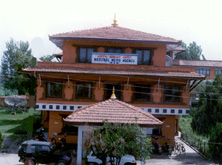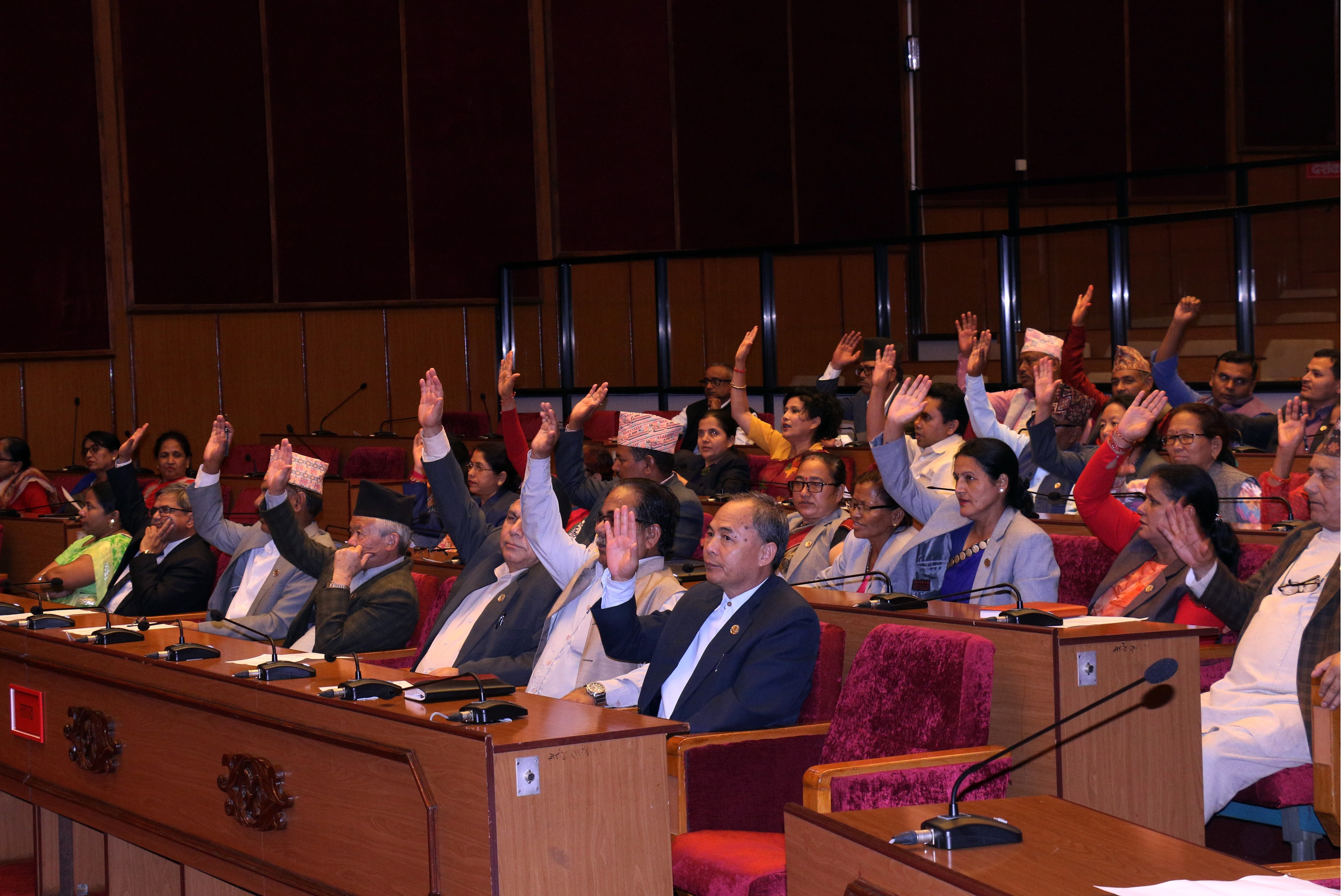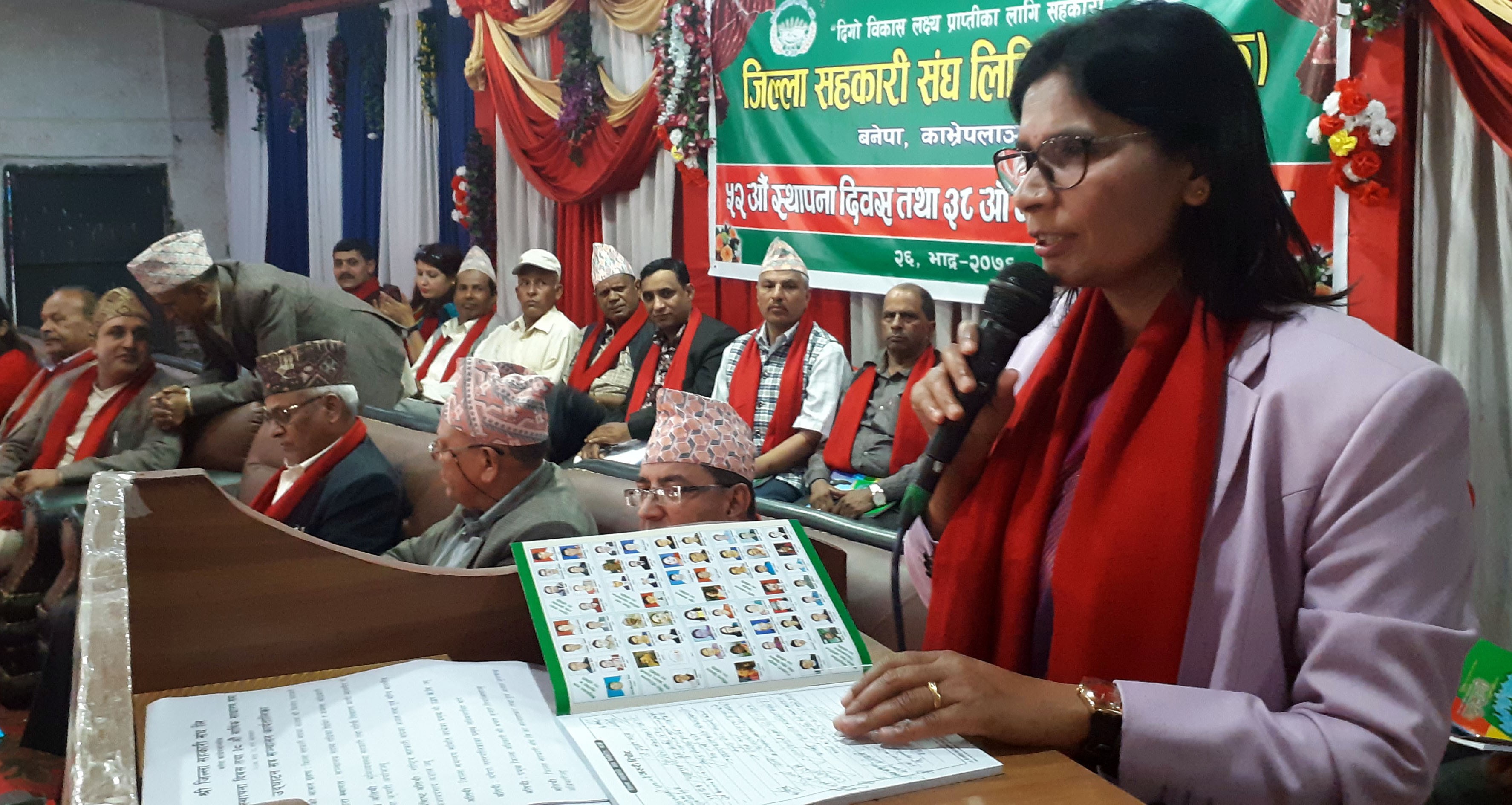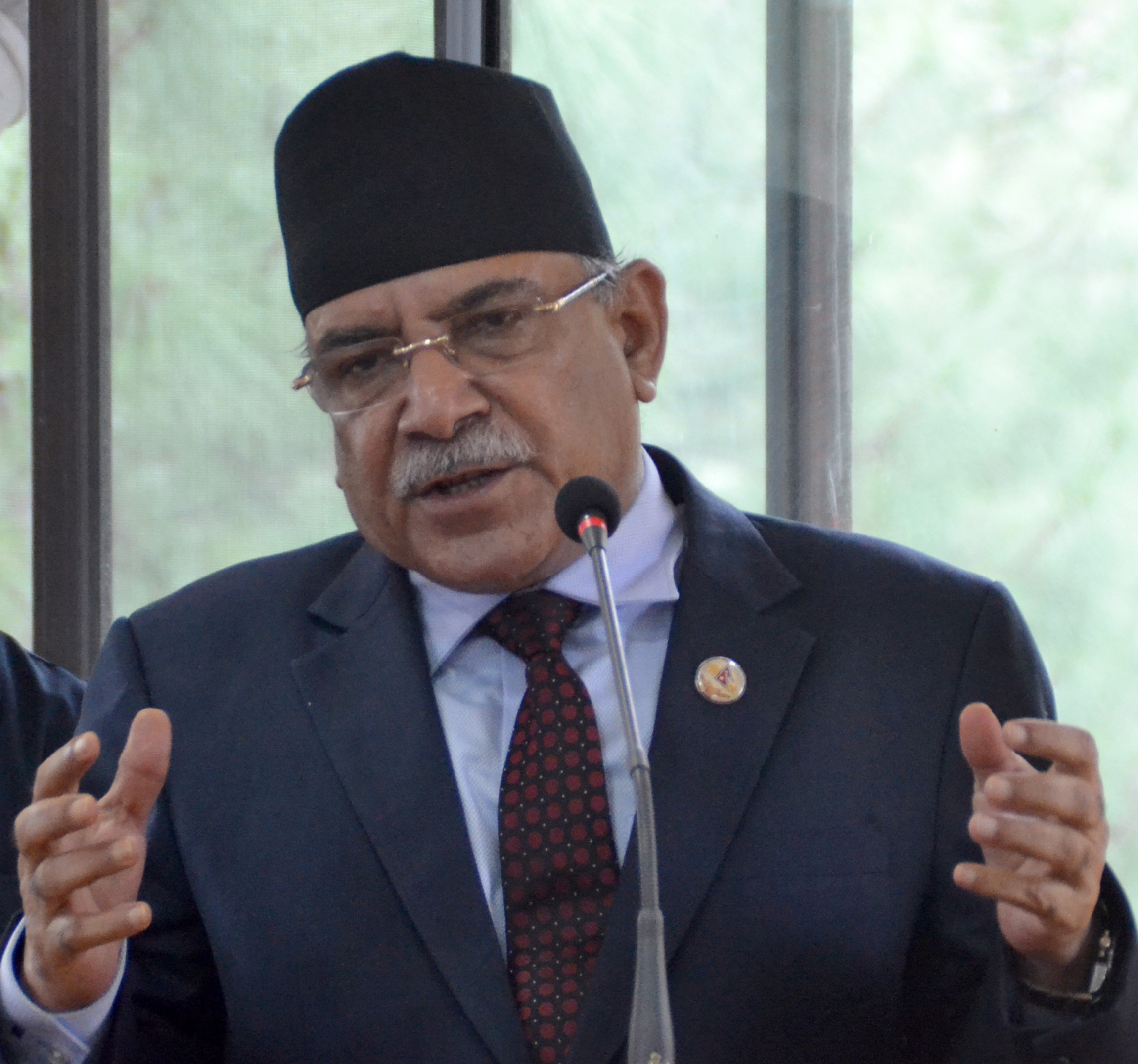COVID-19 Impact: Nepal unlikely to become self reliant on fish, meat and milk

Kathmandu, Oct 10 : The COVID-19 pandemic is likely to adversely impact Nepal's aim to become self reliant on fish, meat and milk.
Presenting a paper in the ongoing Second NRN Global Knowledge Convention organized by Non-Resident Nepalis Association (NRNA), Director at Livestock Department, Banshi Sharma, said although Nepal was about to meet the target of becoming self-reliant on fish, meat and milk, the COVID-19 has badly impacted of late. In the country's GDP, the livestock sector has 13 percent contribution and 60 percent of the farmers have involved in livestock in Nepal, he added.
Director Sharma further said, "Livestock has important role on creating jobs and alleviating poverty. But the production and distribution of milk has been obstructed due to the pandemic. Even the culture of eating fish has declined sharply."
The use of fish, meat and milk was not increased because of poverty, he argued. As the sale of milk was obstructed, it had to be changed into power.
He informed that the government was committed to eradicating foot-and-mouth disease, PPR and others in the livestock. If the federal, state and local level government worked in coordination, the livestock sector could thrive much thereby, contributing to national economy significantly, he suggested.
Agro products to go int'l market
Similarly, speakers putting forth their views in a session on 'agro products and marketization' of the ongoing convention said efforts were on to reach Nepal's organic products to the international market.
They also expressed worry over the increasing use of pesticides and antibiotics, saying it was harmful to organic farming. Industrialist Pavan Golyan viewed he had given priority to agriculture sector in the recent days. "Two-thirds of farmers are involved in agriculture. We reach the villages and teach them organic farming. Pesticides must be discouraged," he added.
Industrialist Golyan further assured that he would buy the organic products if the farmers were not able to sell the products on their own. He further suggested that both the government and private sectors could boost marketing and invest on agro processing industries. Training to workers could be helpful to make them skilled to suit the industry works.
Similarly, Executive Director of Nimbus Group, Dinesh Gautam, shared that his company had prioritized the export of agro products. Rice, maize and wheat have contributed well to the GDP, he said, stressing the need of market, loan, transportation, store and insurance to boost agricultural products and related trade.
Moreover, Director of Kanchanjungha Tea Estate, Shanta Koirala, said her industry had given attention to linking small farmers to production. The Estate has been producing organic things since 2002. She suggested that government paid a heed to facilitation on internationalizing the Nepali products.
Recent News

Do not make expressions casting dout on election: EC
14 Apr, 2022
CM Bhatta says may New Year 2079 BS inspire positive thinking
14 Apr, 2022
Three new cases, 44 recoveries in 24 hours
14 Apr, 2022
689 climbers of 84 teams so far acquire permits for climbing various peaks this spring season
14 Apr, 2022
How the rising cost of living crisis is impacting Nepal
14 Apr, 2022
US military confirms an interstellar meteor collided with Earth
14 Apr, 2022
Valneva Covid vaccine approved for use in UK
14 Apr, 2022
Chair Prachanda highlights need of unity among Maoist, Communist forces
14 Apr, 2022
Ranbir Kapoor and Alia Bhatt: Bollywood toasts star couple on wedding
14 Apr, 2022
President Bhandari confers decorations (Photo Feature)
14 Apr, 2022











